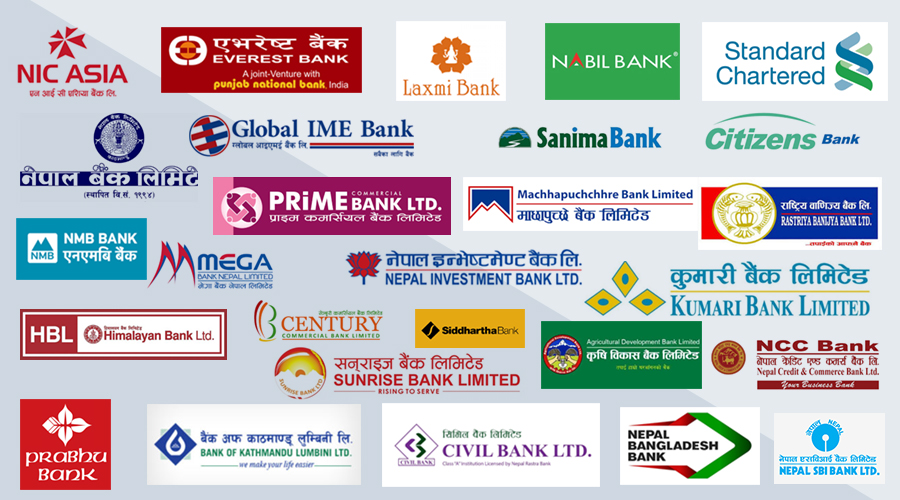KATHMANDU: Despite stringent regulations, banks and financial institutions (BFIs) have been caught flouting norms.
According to a report by Nepal Rastra Bank’s supervision department, there is widespread non-compliance with policies, regulations, and directives.
During last year’s on-site inspections, the NRB’s Supervision Department unearthed numerous deficiencies and weaknesses within commercial banks.
The report, highlighting repeated breaches of regulator instructions, underscores a systemic failure due to non-compliance, leading to unchecked credit misuse.
Furthermore, the report exposes a concerning trend of using new loans to repay old ones, perpetuating a cycle of misuse.
The board of directors, as per the report, has been fixated solely on loan disbursement, recovery, and procurement processes, neglecting critical policies, audits, and risk management mandated by NRB.
Alarming findings also include CEOs failing to evaluate their performance as per contract terms, while risk management protocols remain inadequately implemented in several banks.
Additionally, shortcomings in audit committees, including improper appointment of external auditors, raise serious regulatory concerns.
Notably, deviations from the Bank Financial Institutions Act, 2073 (Bafia), such as single-handed auditor recommendations, underscore a blatant disregard for regulatory guidelines.
Moreover, the report highlights operational deficiencies, including inadequate manpower for internal audits, lapses in information system audits, and non-compliance with risk-based audit policies.
The report’s revelations extend to flawed loan classifications, insufficient documentation for loan renewals, and non-compliance with mandatory credit ratings for large loans.
Liquidity risks loom large, especially for banks reliant on institutional term deposits, with potential liquidity crises foreseen for those dependent on a few large depositors, according to the report.
Serious questions are raised regarding banks’ anti-money laundering/combating the financing of terrorism systems, particularly concerning high-profile individuals, amidst fears of Nepal’s potential inclusion in the gray list.
Nepal Rastra Bank has stressed the urgency of addressing these lapses, emphasizing the need for robust compliance mechanisms to avert systemic risks and safeguard the financial sector’s integrity.
Amid a concerning economic downturn, Nepal Rastra Bank’s latest report highlights a worrisome trend: a sharp increase in non-banking assets (NBA) among banks.
Over the past three years, NBA has surged by a staggering 77 percent, painting a stark picture of financial instability.
The report also sheds light on the extensive on-site inspections conducted by the NRB in the previous fiscal year.
Thirteen banks underwent rigorous scrutiny, revealing critical insights into their operations and compliance.
In the initial quarter, Kumari Bank and NCC Bank faced scrutiny, followed by Infrastructure Development Bank, Standard Chartered Bank, Nabil Bank, and NIC Asia Bank in the subsequent quarter.
The third quarter saw Prabhu Bank, Citizens Bank, and Global IME Bank under the regulatory microscope, with Himalayan Bank, Nepal Megha Investment Bank, and Prime Commercial Bank facing scrutiny in the final quarter.
The target on-site inspections of the last financial year encompassed a diverse array of banks, including Laxmi Bank, Nepal SBI Bank, Rastriya Banijya Bank, Sanima Bank, Sunrise Bank, Everest Bank, NMB Bank, Machhapuchhre Bank, Krishi Bikash Bank, Nepal Bank, and Siddhartha Bank.
These inspections aimed to assess compliance and mitigate emerging risks within the banking sector.









Comment